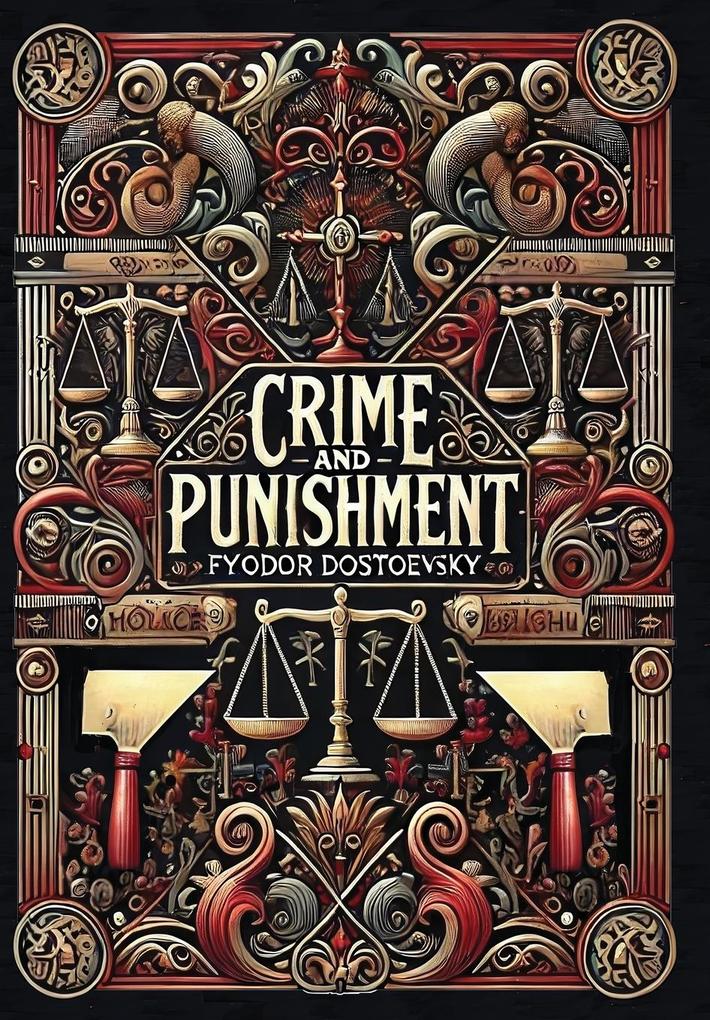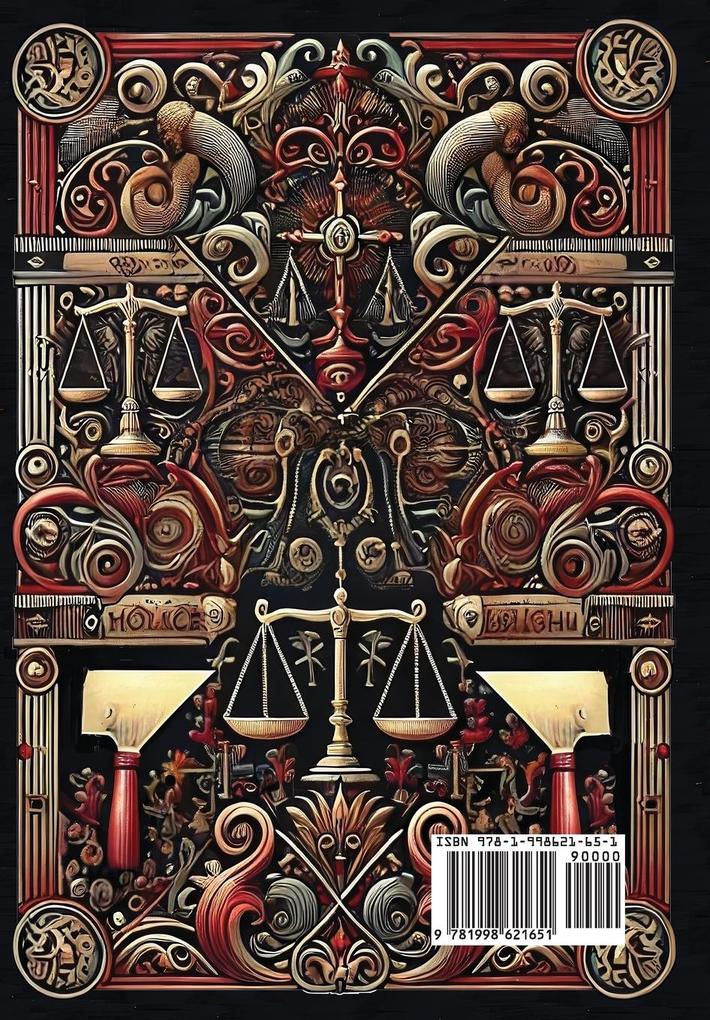
Zustellung: Mi, 25.06. - Mo, 30.06.
Versand in 2 Wochen
VersandkostenfreiBestellen & in Filiale abholen:
Raskolnikov, seeking to outsmart fate with a perfect crime, soon finds guilt and paranoia unraveling his mind, even as a detective closes in.
Produktdetails
Erscheinungsdatum
19. November 2024
Sprache
englisch
Seitenanzahl
472
Autor/Autorin
Fyodor Dostoevsky
Verlag/Hersteller
Produktart
gebunden
Gewicht
857 g
Größe (L/B/H)
229/152/30 mm
ISBN
9781998621651
Entdecken Sie mehr
Bewertungen
0 Bewertungen
Es wurden noch keine Bewertungen abgegeben. Schreiben Sie die erste Bewertung zu "Crime and Punishment (Collector's Edition) (Laminated Hardback with Jacket)" und helfen Sie damit anderen bei der Kaufentscheidung.










